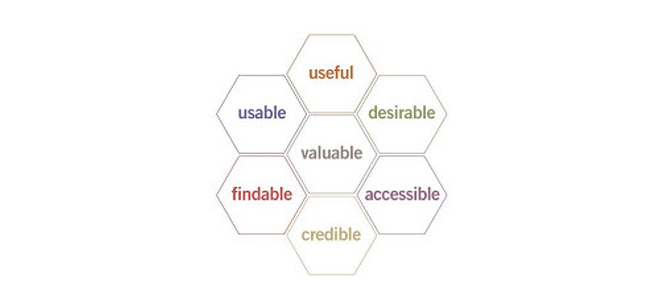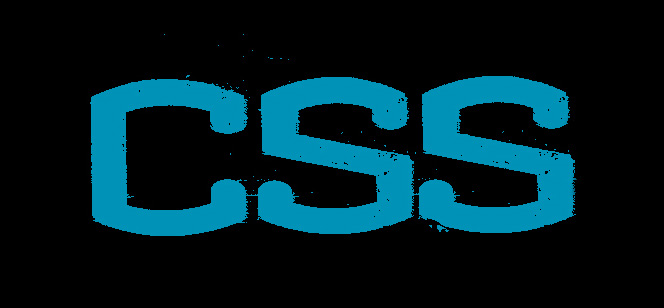When picking your web hosting company for the first time, it’s easy to get overwhelmed when you look through the options for what the host offers. Here, we present the top five most-used back-end technologies – and what they are good for!
1. PHP
The number-one server-side scripting language. Probably 90% of all the web applications you’ll find on the Internet are written in PHP, from blogs to bulletin boards to galleries to shopping cart applications. PHP is designed with the web enterprise in mind. In the case of Linux website hosting, it’s a lead-pipe certainty that this will be included.









